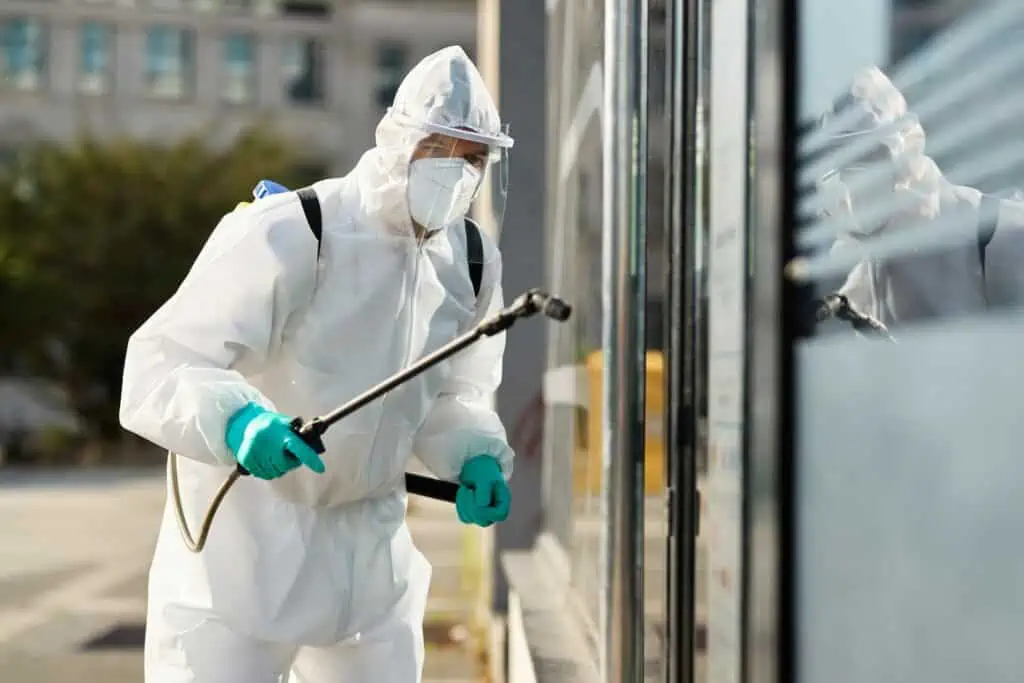Residential Residential Pest Control In Beaumont TX is a service designed to protect homes and properties from unwanted pests that can pose health risks, cause damage, and create discomfort for residents. Residential pest control services are typically provided by professional pest control companies or exterminators. Here are some key aspects of residential Residential Pest Control In Beaumont TX:
- Pest Inspection: The first step in residential pest control is conducting a thorough inspection of the property to identify the type of pests present and the extent of the infestation. Common pests include insects (e.g., ants, cockroaches, termites), rodents (e.g., mice, rats), and wildlife (e.g., raccoons, squirrels).
- Customized Treatment Plan: Based on the pest inspection, pest control professionals develop a customized treatment plan. This plan outlines the specific methods and products that will be used to eliminate or control the pests.
- Pest Extermination: Pest control services use a range of methods to exterminate or control pests, including the application of chemical pesticides, baits, traps, and eco-friendly or non-toxic solutions. The choice of method depends on the type of pest and the severity of the infestation.
- Preventive Measures: In addition to pest extermination, residential pest control often includes preventive measures to reduce the risk of future infestations. This may involve sealing entry points, removing food sources, and recommending structural improvements.
- Regular Maintenance: Many pest control services offer ongoing maintenance programs to monitor and address potential pest problems. Regular inspections and treatments help prevent reinfestations.
- Integrated Pest Management (IPM): Integrated Pest Management is an environmentally responsible approach that combines multiple strategies to minimize the impact of pesticides while effectively managing pests. IPM may include habitat modification, monitoring, and non-chemical controls.
- Termite Control: Termite inspections are a crucial part of residential pest control. Termite control may involve the use of termiticides, baiting systems, and monitoring for termite activity.
- Bed Bug Treatment: Bed bug infestations require specialized treatment. Pest control services have expertise in identifying and treating bed bugs using methods like heat treatments, steam, or chemical treatments.
- Rodent Control: For rodent infestations, pest control services employ various tactics to trap, remove, and prevent rodents from returning.
- Insect Control: Pest control services address a wide range of insect infestations, including ants, cockroaches, mosquitoes, flies, and more. Treatments may vary based on the type of insect infestation.
- Wildlife Removal: Pest control services can address wildlife-related issues, such as the removal of raccoons, squirrels, bats, or birds from residential properties. Humane and ethical removal methods are typically used.
- Environmental Considerations: Many pest control services are environmentally conscious and take steps to minimize the impact on the environment and non-target species.
Residential pest control is crucial for maintaining a pest-free and comfortable living environment. When selecting a residential pest control service, it’s important to choose a reputable and licensed provider. You may want to obtain multiple quotes, ask for references, and inquire about the methods and products used. Regular pest control services can help ensure a pest-free and healthy home.
